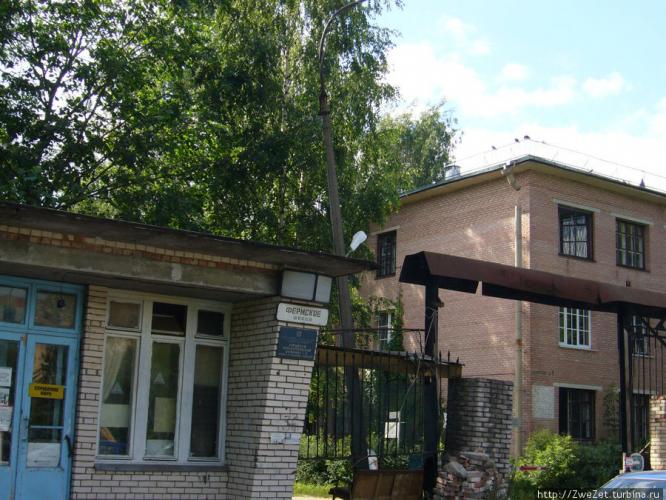Russia: Locked up in psychiatry for “inadequate behaviour”
This week, MDAC took a step forward in a case against Russia at the European Court of Human Rights by sending the Court a response to the government’s defence. In 2007 St Petersburg police took Viktor Kotenev to a psychiatric hospital on grounds that he had called the police too often because he feared there were bombs in the area which might explode. He was diagnosed with a severe mental disorder due to “inadequate behaviour” and “lack of insight”. It appears that the psychiatrist ordered his hospitalisation to prevent him from pursuing further complaints to the police.
 St. Petersburg’s City Psychiatric Hospital No. 3, where Mr Kotenov was detained © turbina.ru
St. Petersburg’s City Psychiatric Hospital No. 3, where Mr Kotenov was detained © turbina.ru
The hospital successfully asked a Russian court to authorise Mr Kotenev’s detention in a psychiatric hospital. A court-appointed lawyer represented him in the proceedings, but instead of actually representing Mr Kotenev and arguing for his freedom, the lawyer recommended the judge authorise his detention. An appeal court found nothing wrong with the lawyer’s behaviour and said the detention was lawful. Once detained in the psychiatric hospital, Mr Kotenev was given anti-psychotic medication by force.
Mr Kotenev said:
“I was punished with a hospitalisation because of my civic activism.”
He found the experience “humiliating” and hopes that the European Court “will restore justice.” Ann Campbell, MDAC Litigation Director, said:
“There really isn’t any need to detain and forcibly treat a person who calls up the police a few times worried about unexploded bombs. Russian psychiatry needs to break from its authoritarian past. MDAC hopes the European Court will issue a judgment clearly signalling that psychiatric hospitals are not a dumping ground for anyone who steps beyond the limits of what is considered socially acceptable behaviour. Policy-makers must develop community support services instead of using psychiatric hospitals to arbitrarily remove people from society.”
Dmitri Bartenev, Mr Kotenev’s lawyer, with the support of MDAC, applied to the European Court of Human Rights in 2008. The case argues that Mr Kotenev’s detention and forced treatment violated his rights in international human rights law. It submits that Russian courts should have considered less restrictive measures such as care or treatment in the community. The case also argues that Russia is responsible for breaching Mr Kotenev’s rights by allowing a state-funded lawyer to misrepresent the client’s wishes – an act which, in other jurisdictions, would be a serious breach of professional conduct.

